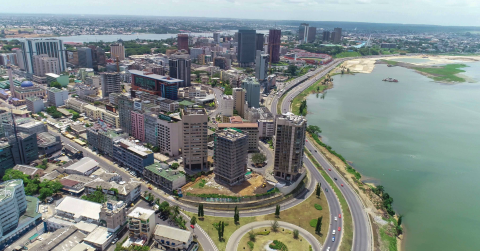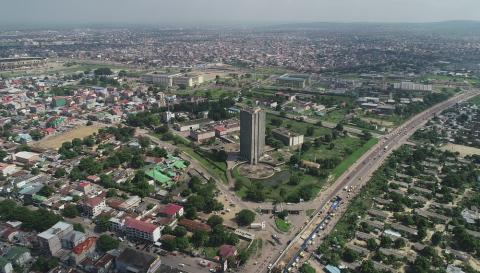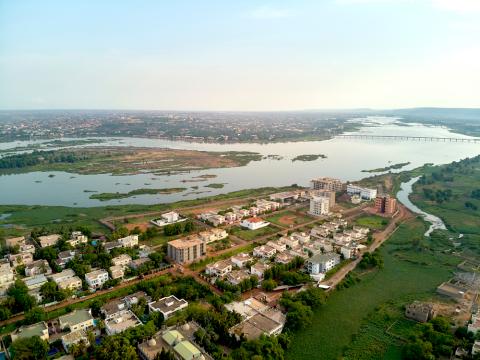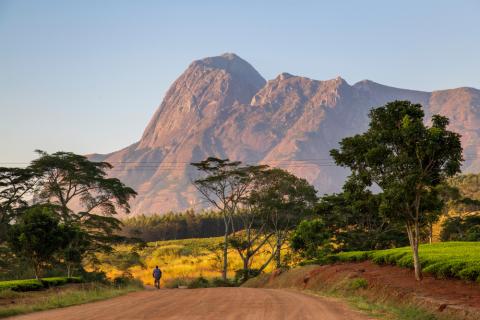
Indonesia – EITI triggers reforms in revenue collection
Indonesia – EITI triggers reforms in revenue collection
The world’s fourth most populous country, spread over 17 000 islands, is tackling weaknesses in its revenue collection from oil, gas and mining companies.
Indonesia has launched a series of reforms in the extractive sector that aim to improve revenue collection. For a country where the petroleum and mining sector accounts for 22% and 10% of total state revenues respectively, these reforms are critical to the government’s finances and to boost investment.
Cleaning up the licenses
Given the number of license holders operating in different regions, simply knowing whom to tax has been challenging in Indonesia. Citing the figures of the Corruption Eradication Commission (KPK), the EITI Report states that 24% of all contracts in the mining sector do not have taxpayer identification numbers. This makes collecting the revenues from the companies hard.
There is also incomplete information regarding the areas where revenue sharing between the state and the communities should take place. This makes it difficult for government to properly determine how revenues should be shared among different regions.
To address these challenges, the government launched a Clean and Clear Certification (CNC) Process in December 2015. The process aims to ascertain whether existing licenses meet the environmental, technical and financial criteria of the government. The government expects that this process will make it easier to forecast revenue and improve revenue collection by identifying license holders who have not yet paid their tax.
Citing data from the Ministry of Energy and Mineral Resources, the EITI Report states that arrears of license holders had reached USD 300 million and is expected to grow. The EITI Report notes that as of 2014, 4,880 out of 10,922 mineral and coal licenses have not been given a “clean and clear status.”
Gross split production scheme
According to the EITI Report, cost recovery (or the amount the state reimburses the oil and gas companies for exploration and production costs) in 2014 reached the equivalent of 32% of total state revenue.
The Report also notes the declining trend in Indonesia’s oil and gas investment, stating that in 2014, the investment value of exploration activities reached over USD 1 billion which was less than half the country’s target, and a 20% decrease from the previous year’s investments.
To optimise revenues for the state and to increase the country’s attractiveness to foreign investors, the Indonesian Government established a new scheme called Gross Split Production Sharing Scheme earlier this year, which replaces cost recovery.
Instead of allowing companies to recover exploration and production costs, the percentage of their production shares will now be according to a base allocation of 57% (state) and 43% (companies) for oil, and 52% (state) and 48% (companies) for gas. This sharing can however be adjusted based on different variables such as location, stage of production, local content, and the availability of supporting infrastructures.
Development of downstream sector
Indonesia’s mineral production decreased in 2014 compared to the previous five years.
To compensate for the low production and to increase the state’s revenues from the mineral and coal sector, the government encouraged the construction of processing plants and smelters. In 2014, there were 66 smelter development plans for various mineral commodities which reached a total investment of over USD 17 million.
However, the EITI Report states that only five out of 12 units have been finished in 2015.
Indonesia’s latest report touches on other challenges in the country’s extractive sector such as concerns on energy security as a result of ageing oil wells, illegal mining, and the declining trend in Indonesia’s oil and gas investment. Indonesian stakeholders can now act on the findings and consider the recommendations to improve how the sector is governed.
To learn more about Indonesia, visit the country page on our website, or the Indonesian EITI page.
Gay Ordenes is the Regional Director for South East Asia and Asia Pacific.
Image credit: Cuslar article, showing the Grasberg Mine, which is the largest gold mine and the third largest copper mine in the world. It is located in the province of Papua in Indonesia near Puncak Jaya, the highest mountain in Papua.





